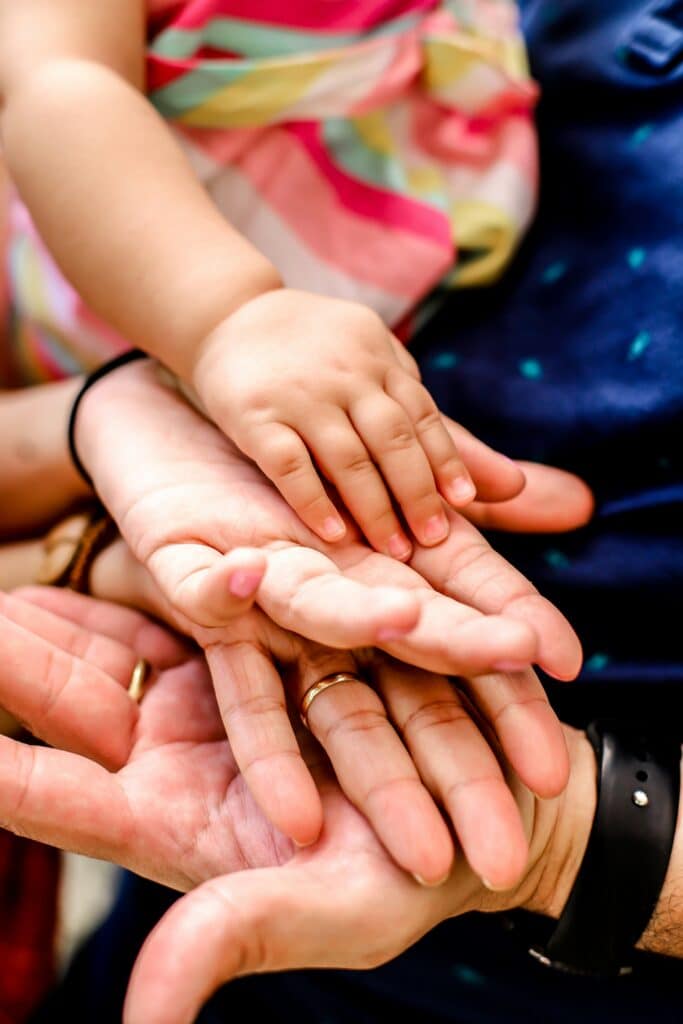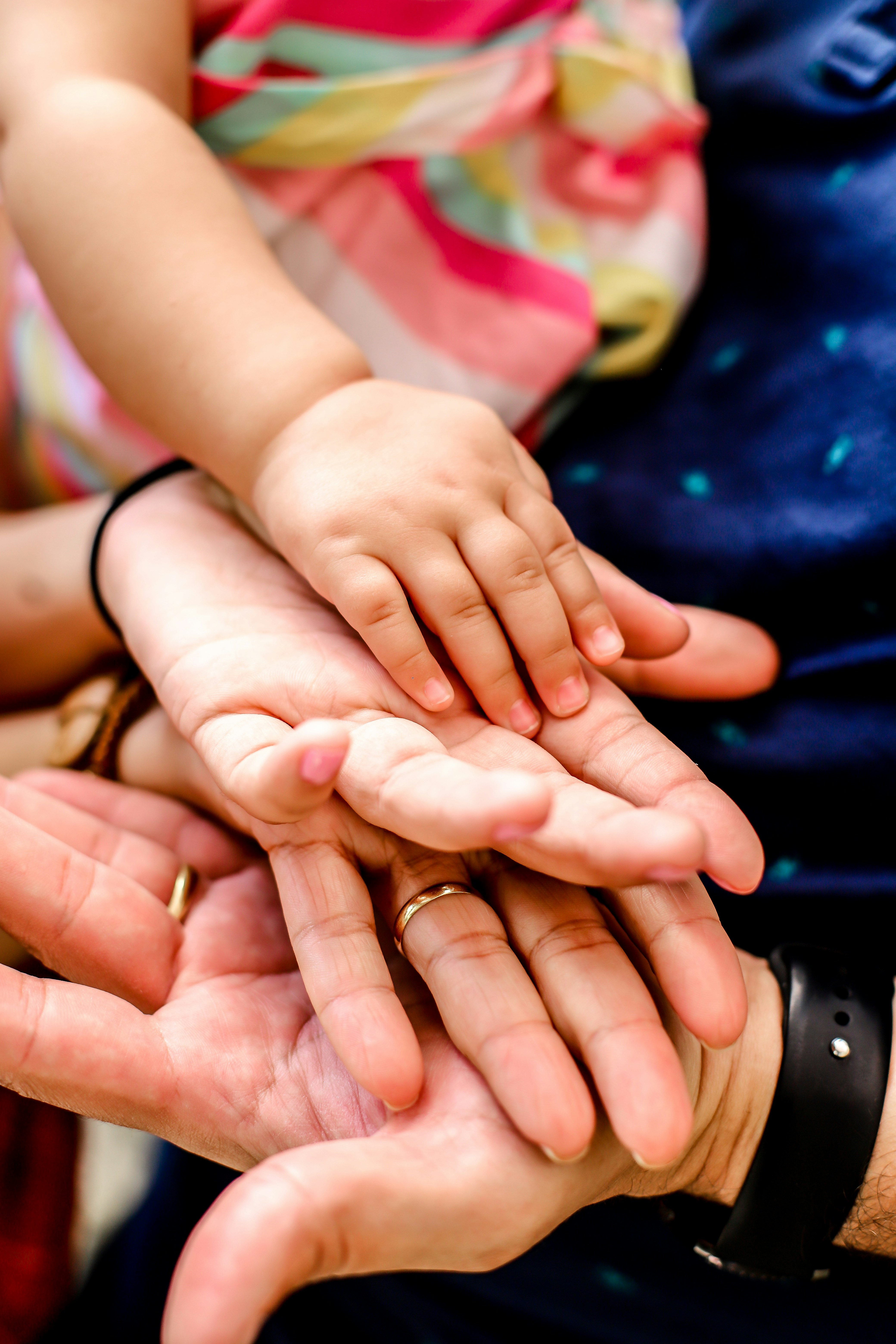From Tragedy to Restorations: “We Kill Ourselves”, Article 9 of 10

“We Kill Ourselves”
Article 9 of 10

By Elizabeth Lane Miller and Helene Fisher,
Gender and Religious Freedom (GRF)
This article is part of the series Pursuing Partnership: Men and Women in Ministry.
“I had more freedom at the Boko Haram camp than I do here; I do regret coming back.” The BBC recently reported on the ten-year anniversary of the Boko Haram kidnappings of the Chibok girls, most of whom were from Christian families. Some girls were welcomed by loving families. But the words of regret from others are chilling.
One survivor reports on the conditions which women released are coping with – many created by the government, others by the community – and says, “Sometimes I cry when I remember. I ask myself: ‘Why did I even leave Sambisa [Boko Haram camp] to come back to Nigeria, only to come and face such degrading treatment, being insulted almost daily?’”
This is not new. Two years after their abduction, the Chibok Development Association chairman reported that over 100 of the girls didn’t even want to return because they had either been radicalized or were too ashamed to return home, having been forced to ‘marry’ and have babies.
I (Helene) heard the same stories when working with women survivors in the Central African Republic (CAR). Their Christian community used the word adultress to refer to victims of sexual assault, and it was not uncommon to find these Christian women living on the streets after they had survived attacks by militants. Their community wouldn’t accept them back. The shame was too great. Whether there, or elsewhere, it is too often the same story.
Shame of this variety seems to be the stain which nothing can erase. And shame is a favorite playmate of blame and distrust. The killer question is this: who put these Christian women on the streets? Was it Boko Haram? Or the Seleka? Or the Muslim Brotherhood? Tragically, it was Christian brothers and sisters who said through their actions, “I’m afraid that the sexual aggression you suffered will somehow morally contaminate me.”
Through our years of persecuted ministry work, we consistently observed: many communities don’t know how to move forward after this kind of attack, and that makes these attacks incredibly effective at damaging the church. Our research revealed that this form of religious persecution wasn’t exceptional or anecdotal: rape, forced marriage and trafficking are used as a weapon of religious persecution in order to shame religious communities.
The ‘adultery’ language by Christian communities, such as those in the Central African Republic, helps us understand why the healing journey seems impossible. Such communities are unequipped with a biblical model for processing what has happened to their girls.
There is a biblical model which would allow them to offer their loved ones safety and healing, but without it, Christians resort to rejection due to a distorted notion of honor. The church, in trying to ‘protect’ itself from shame, actually kills itself.
It is deeply, deeply tragic. Until we realize that it is our own distorted, dysfunctional behaviors which kill the church (and not the thing ‘out there’), we will be unable to withstand the Adversary’s attacks.
This misinterpretation of what brings honor and shame is an example of what Restorations IRL calls Scheme #5: Holy Words – Unholy Definitions. God is deeply grieved by a teenage girl’s victimhood. Although she can seem to be symbolic of the dishonorable actions taken against His people, He is not fundamentally dishonored.
It is far more dishonorable for Christian men and women to behave as if there is some shame which is more tenacious and powerful than the cleansing blood of Christ.
To behave as if one person’s honor depends upon what is done to another person, or as if a person’s honor is the same as God’s honor. As if sin is contagious to the godly rather than Christ’s innocence being contagious to sinners. It is a fundamental misunderstanding of our Christian Innocence & Acceptance.
Our basic Christian creeds affirm that we are a church full of forgiven sinners. Not just people damaged by the sin of others, but we are the agents of sin, with twisted hearts and the inability to do the good we want to do. In spite of Christ’s gift of forgiveness, we continue to hide from the responsibility for our own sin, and reject those who make it apparent. This so-called protective behavior comes from Distortion #5: We try to do anything to hide our shame and reject others who expose us to shame.
So, who are we to reject sinners, victims of sin, or those who would expose our own sin, if God has accepted us all? We can vacillate between complacency with sin (often our own) and such zeal to cleanse the church of sin (often of others) that we end up misidentifying the adversary and cleansing the church of sinners. But an empty church is not a resilient bride of Christ.
Most of us do not encounter such extreme situations as the persecuted church. Yet, the behaviors are similar: in trying to protect the church, we push out those most in need of spiritual retreat and healing. The power of disapproval, ostracisation, not being viewed as the equal of other believers, or not being offered the same future and hope is destructive.
Jesus modeled a completely different approach while on earth. He was, therefore, accused of associating with sinners and the unclean – which was one of his many badges of honor. Jesus cleanses and redeems the sinner. And gives us an immovable place of belonging. Even though we will sin again, there is no sin that cannot be cleansed, and certainly no sin committed against us makes us irredeemably unclean.
Next week: Final article in the series; ‘I get it’ isn’t good enough. Understanding is only the first step to resilience, how do we get beyond tut-tutting over brokenness?
With permission: Throughout this series we will draw upon the church training material available through restorationsirl.com. Elizabeth and Helene are the pioneering co-authors of Specific Religious Persecution reports published between 2018-2023 by Open Doors International’s World Watch Research.
This article is submitted by Wendy Wilson of Missio Nexus and of Women’s Development Track. Women’s Development Track is a Missio Nexus member. Member organizations can provide content to the Missio Nexus website. See how by clicking here.





Responses